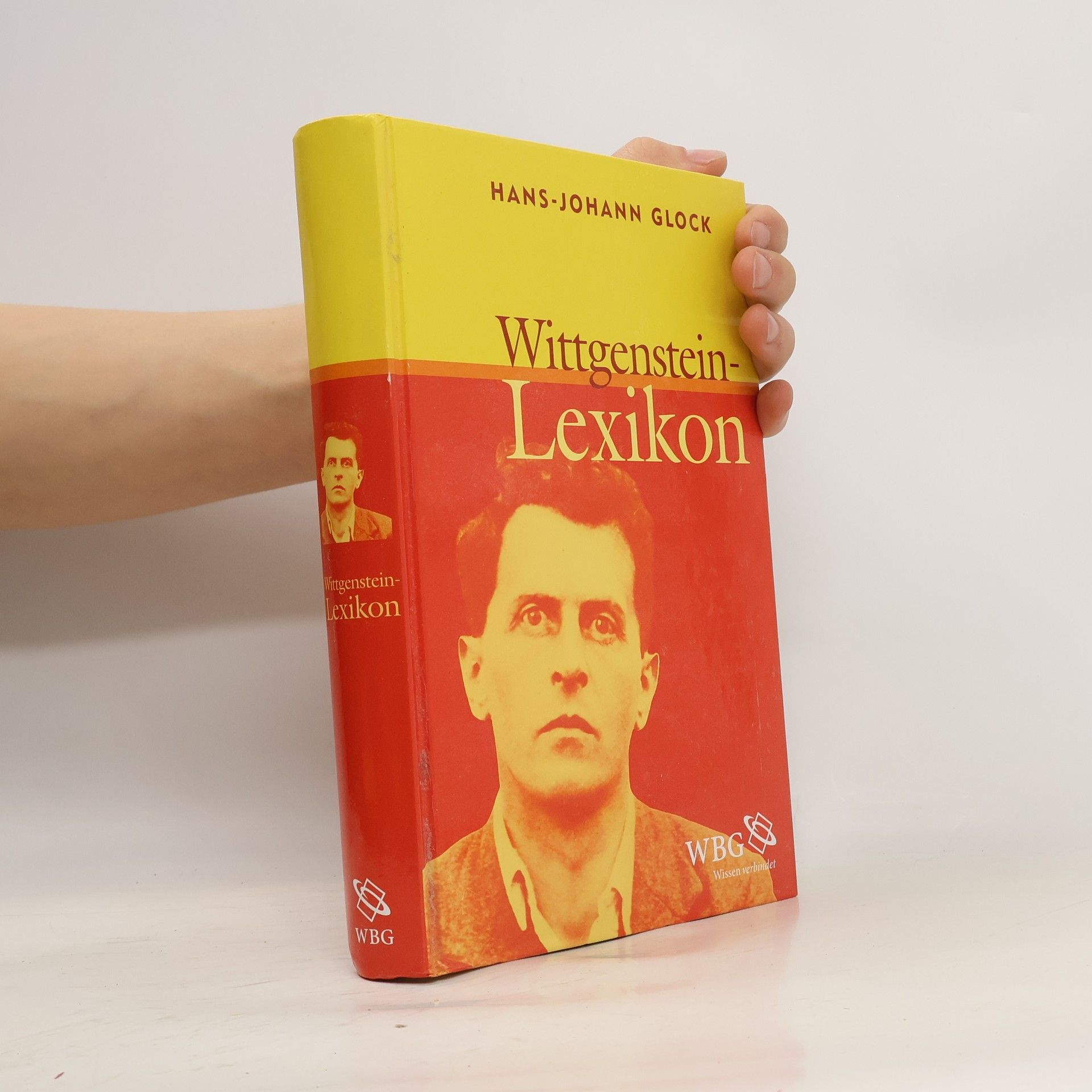Normativity, Meaning and Philosophy: Essays on Wittgenstein
- 292 pages
- 11 hours of reading
Exploring the concept of 'grammatical rules,' this collection of essays delves into linguistic meaning and its links to necessary propositions and conceptual thought. Originally published between 1996 and 2019, the essays defend and expand upon central ideas from Wittgenstein's philosophy, emphasizing the significance of these rules in understanding the nature of philosophy itself. A new introduction provides additional context for readers.

